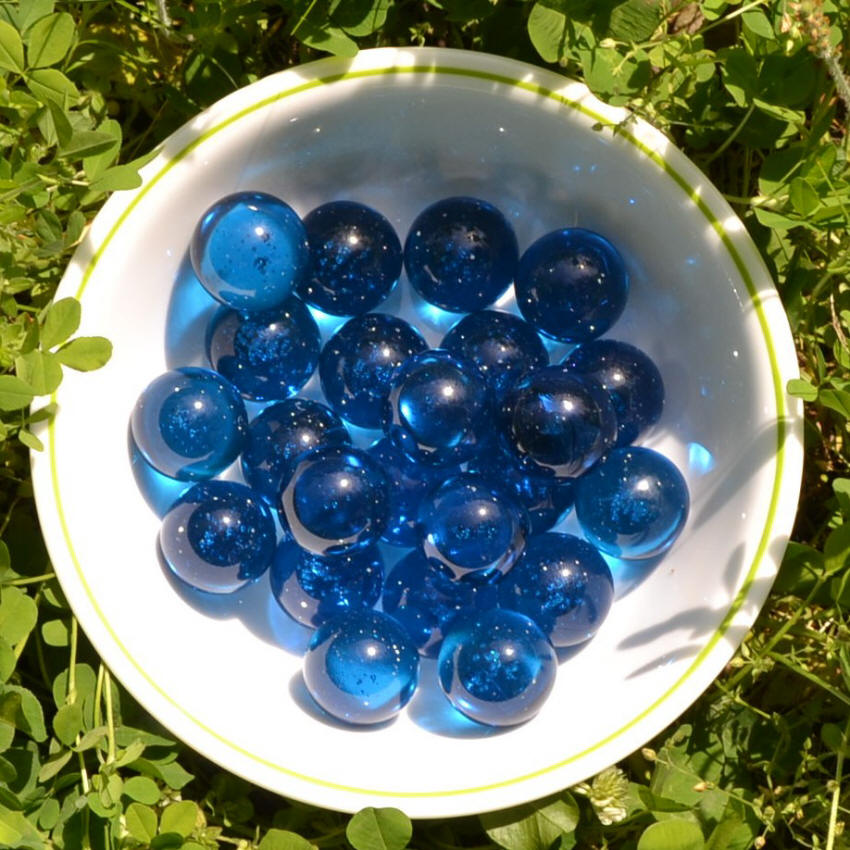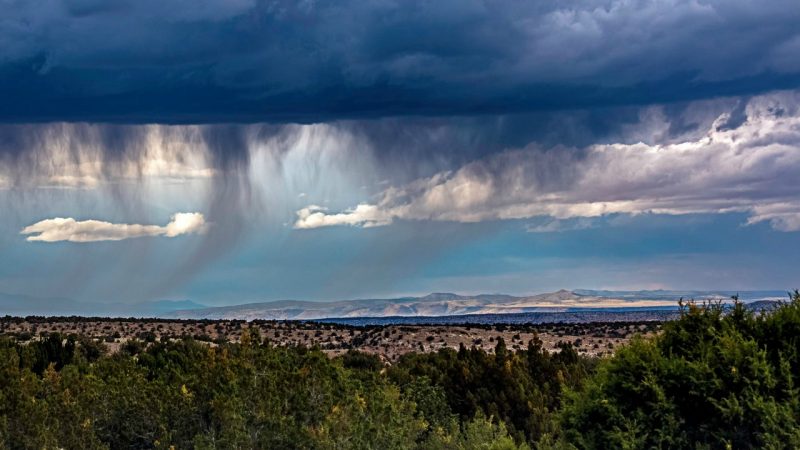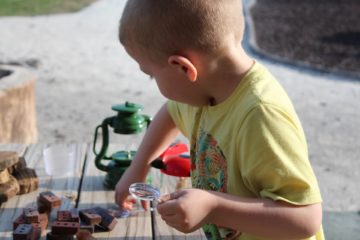If you have taken one of my classes or read some of my work you will know that I am a big fan of making observations! Enchanted Science was named because I wanted to find a term that captured the feeling that can be experienced when you cultivate a culture of curiosity and train yourself to see the magic in everyday objects and experiences. But did you know, our observations are only as good as our ability to describe them.

The power of words
Language is an amazing tool. It allows us to communicate about things that are too far away or too small to see; about events that happened in the past or that might happen in the future. It allows us to pass information along to others, content they didn’t personally experience. Our ability to accurately communicate increases when can be more specific in our choice of words.
What if I told you that I am thinking of a little blue circle. What would you imagine? Something like this?

Tier One Vocabulary Words
‘Little’, ‘blue’ and ‘circle’ are considered Tier One vocabulary words. They are the most basic words, rarely require direct instruction and seldom have multiple meanings. Most English speaking students in the kindergarten classroom already know these words because they have picked them up from their environment. There are exceptions and many factors that affect language acquisition, but this is typical.
Tier One words are quick and efficient and if the person you are talking to is right there looking at the same thing, there is no need to be especially specific in order to be understood. However, sometimes these simple words cannot accurately describe the nuances necessary for comprehension. For example, the object I am thinking of is not the one pictured above. In order for me to get my idea across, I’m going to need some…
Tier Two Vocabulary Words
Tier Two words are words that are used by mature language users. They can often have multiple or nuanced meanings, and they can be used in many different domains. These are the words that allow us to describe concepts in a detailed manner. Often Tier Two words need direct instruction and should be intentionally selected.
I will continue my description and tell you that my little blue circle is about the size of a penny and it’s shiny, smooth, spherical and almost transparent?
Would a different picture begin to form in your mind? Maybe a little something like this:

If you didn’t guess that I was thinking of a marble I could have given more descriptors such as what it is used for, how it is made or where they are likely to be found, but hopefully by adding some Tier Two words you were able to make a more accurate guess.
I learned something interesting today. Did you know that each type of marble has its own special name? That leads us to the next level of vocabulary:
Tier Three Vocabulary Words
Tier Three words are words that are VERY specific. They are often linked to a domain, a field of study or a hobby or specialized activity. They are low-frequency, very content specific, and rarely have more than one meaning. The funny thing is, a tier three word might be the MOST exact way of describing something, but if your listener doesn’t know the word already, they probably won’t know what you are talking about!
If I would have told you upfront that I was thinking of an ‘azure cleary’, would you have known what I was talking about? Fun fact: there are lots of different types of marbles and they all have their own name!
A magic trick…
Have you ever seen this phenomena in the sky?
Would you like to see it A LOT more? Here’s the trick:
It’s called ‘VIRGA’. It is rain that doesn’t reach the ground.

I guarantee, you will begin to see virga more often now! Just having the word for something makes us more aware of it in our environment.
Over the next week I am going to be sharing tips for selecting and teaching Tier Two words. I believe that developing a rich descriptive vocabulary can not only increase the ability to communicate science concepts, it can make your experience in the world much more Enchanted!



0 Comments